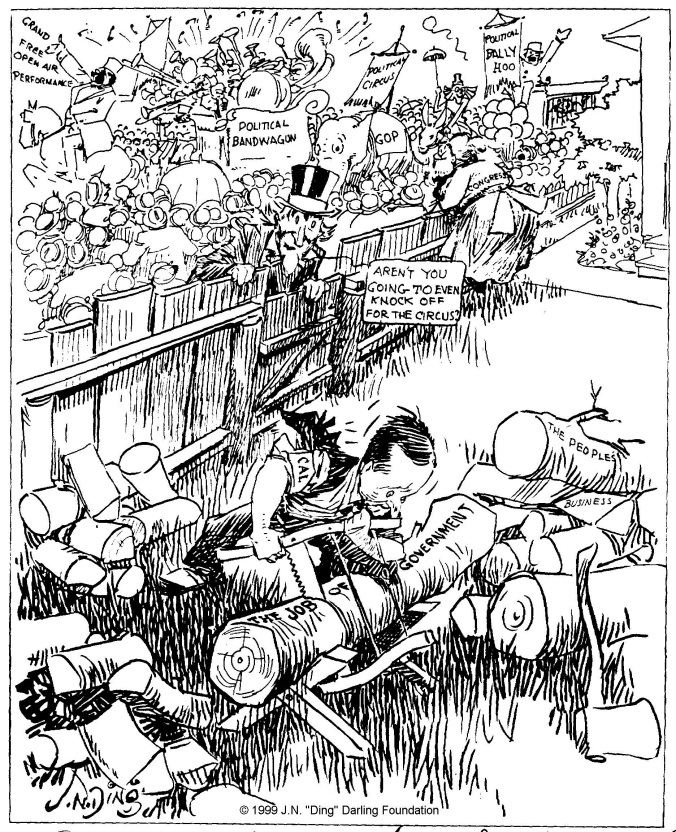“Bless Their Honest Irish Hearts” by Charles C. Johnson
Before St. Patrick’s Day comes to a close, it is useful to consider the contributions of one individual, not native to the Emerald Isle but, despite being a Congregationalist Yankee, did much toward welcoming and assimilating Ireland’s immigrants to a place of respect and honor in one of the most Irish-heavy areas of America, the city of Boston. Rather than enhancing racial or religious bigotry by demanding instant results, Coolidge diffused tensions through mutual respect and patient education. Treating the Irish no differently than anyone else who came here to work hard, live honestly and become citizens, he taught what being American is all about, free of hyphens, committed to liberty, grounded in Christian forbearance and confident enough to hold faith in our founding ideals. In this way, he did more to establish the Irish (and immigrants of all countries) as full-fledged Americans than most recognize. Coolidge would experience an unbroken series of political victories as a result, thanks in part to these “Coolidge Democrats” who understood that for immigration to benefit everyone, the responsibilities of citizenship must be taken just as soberly as its rewards. Character came first and it was that very insistence on standards, despite the career risks for Coolidge personally, that prevailed at the ballot box. Coolidge did not need a herd of consultants to validate the Golden Rule for him. As he would observe later in life: The person who is right makes his own luck. Cal points the way toward the Founder’s vision for an assimilated, prosperous and peaceful people preserved through an incremental, not immediate, process; a pathway to citizenship earned by obedience, not bestowed by political calculation for electoral advantage.
